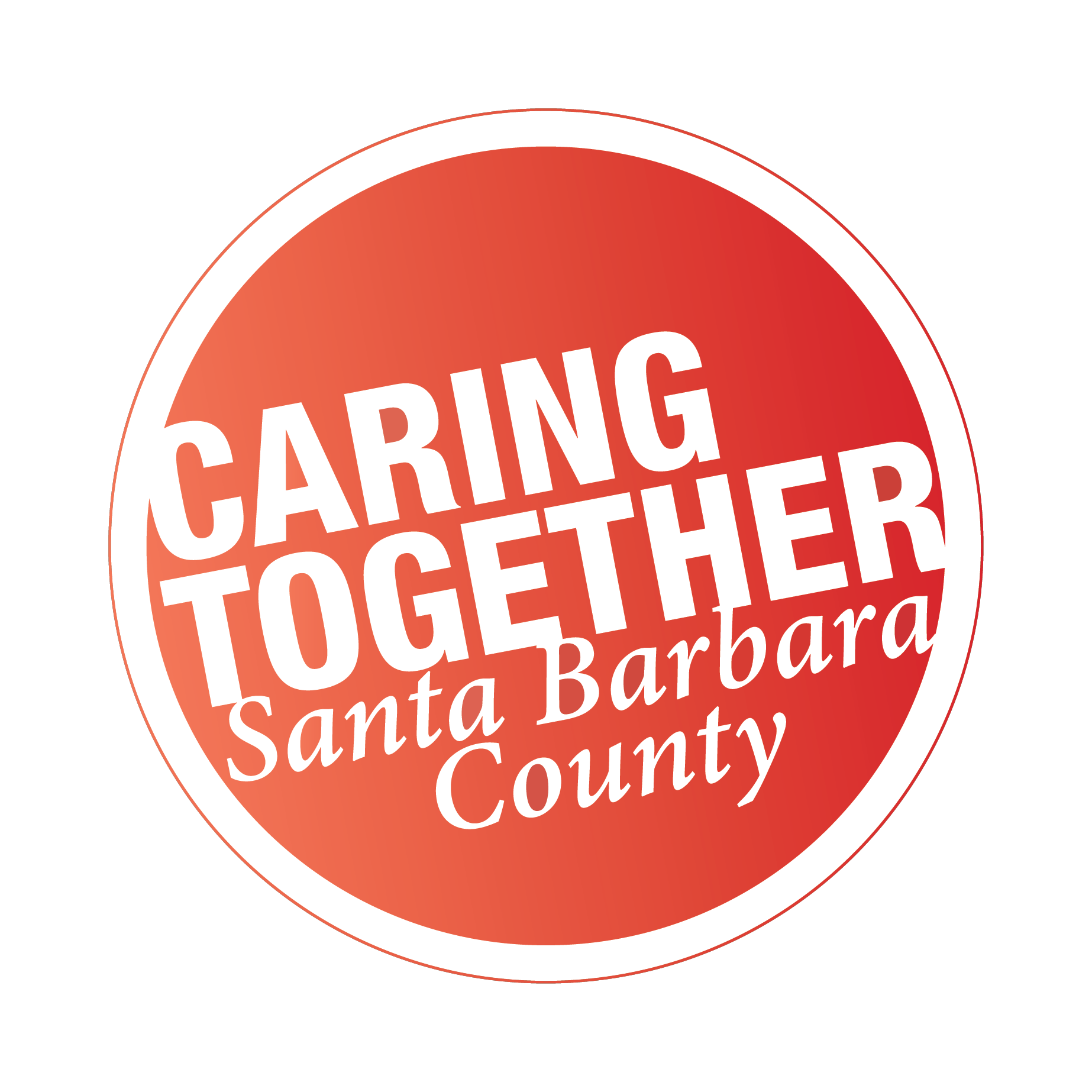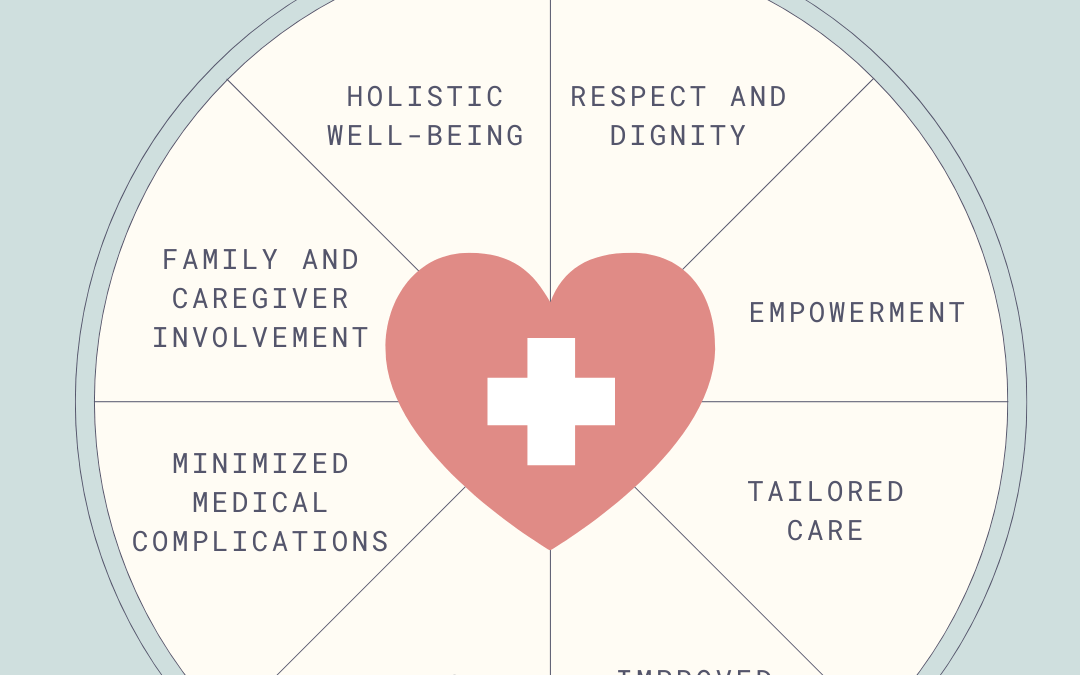Person-Centered Care, also known as Patient-Centered Care, is an approach to healthcare that prioritizes an individual’s unique needs, preferences, values, and experiences, placing the person at the center of their own care. This model of care recognizes that each patient, or older adult, is a unique individual with their own history, beliefs, and circumstances.
Health and social care professionals work together with people to tailor healthcare services to meet their specific requirements. This approach is personalized and coordinated, enabling people to make choices, manage their own health, and live independent lives, where possible.
Programs like SansumCare are a partnership among practitioners, patients, families, and other healthcare team members to ensure you have the education and support you need to make informed decisions and participate in your own healthcare.
CenCal’s Enhanced Care Management is a new benefit for members with complex needs requiring seamless coordination between multiple doctors and other care providers. Members are assigned a lead care manager who helps coordinate with the member’s doctors, specialists, pharmacists, case managers, and social service providers. The member’s medical care is comprehensively managed, and they receive support to address social drivers of health. Services are delivered through Family Service Agency and other Enhanced Care Management providers contracted with CenCal Health.
Person-Centered Care is highly beneficial for seniors for several reasons:
Respect and Dignity: Person-Centered Care recognizes the inherent dignity and worth of each older adult. It promotes respect for the individual, regardless of their age, health status, or cognitive abilities. This approach ensures that seniors are treated with the same dignity and respect as any other patient.
Empowerment: Older adults often face changes and challenges related to their health and well-being. Person-Centered Care empowers seniors to actively participate in their own care decisions. It encourages them to voice their preferences, make informed choices, and take an active role in their healthcare journey.
Tailored Care: Every senior has unique needs, values, and goals. Person-Centered Care takes these factors into account, ensuring that care plans are customized to the individual’s specific circumstances. It focuses on addressing the senior’s physical, emotional, and social needs in a way that makes the most sense for them.
Improved Communication: Person-Centered Care emphasizes effective communication between seniors and their healthcare providers. It encourages open and honest discussions about health concerns, treatment options, and goals. This facilitates a better understanding of the senior’s health status and promotes shared decision-making.
Enhanced Quality of Life: By prioritizing the individual’s well-being and preferences, Person-Centered Care contributes to a higher quality of life for seniors. It takes into account not only their medical needs but also their emotional and social needs, helping them maintain a sense of purpose, independence, and overall satisfaction.
Minimized Medical Errors: Focusing on the individual reduces the likelihood of medical errors. Healthcare providers are better equipped to avoid prescribing medications or treatments that may be contraindicated or harmful for the specific senior. This approach enhances the safety and effectiveness of care.
Family and Caregiver Involvement: Person-Centered Care recognizes the importance of involving family members and caregivers in the senior’s care. It encourages a collaborative approach to caregiving, allowing family members to provide insights, offer support, and contribute to decision-making.
Reduced Hospitalizations: When seniors receive care that is tailored to their specific needs and preferences, it can help prevent complications and reduce the risk of hospital readmissions. This not only benefits the senior but also eases the burden on the healthcare system.
Holistic Well-Being: Person-Centered Care takes a holistic approach to health and well-being. It considers the senior’s physical, emotional, social, and spiritual needs. This approach can lead to improved overall health and satisfaction for seniors.
Cost-Effective Care: While Person-Centered Care may require some initial investment in understanding and accommodating the individual’s unique needs, it can ultimately lead to cost savings by reducing unnecessary procedures, hospitalizations, and medical expenses.
In summary, Person-Centered Care is highly beneficial for seniors because it places the senior at the center of their own healthcare journey, ensuring that their unique needs and preferences are recognized and respected. This approach leads to more effective, safe, and satisfying care experiences for seniors, promoting their overall well-being and quality of life.


